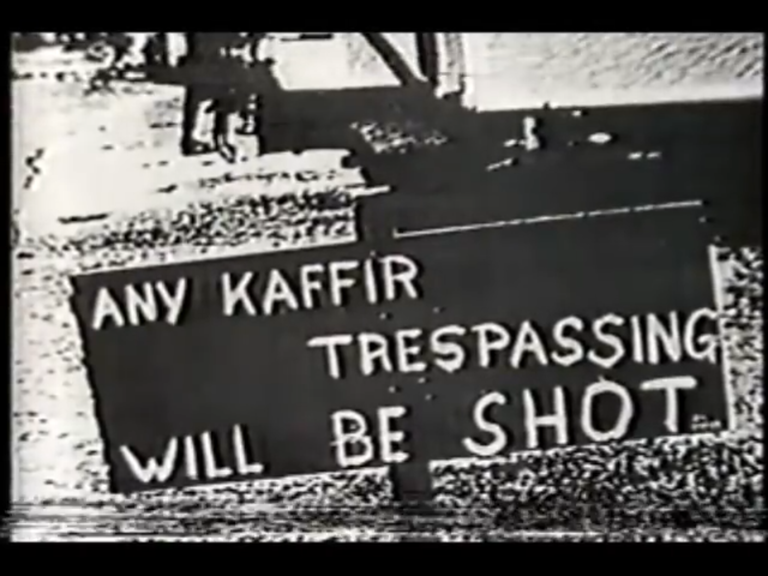How are Laws conceived? Who follows what laws? Or is the semi autonomous field theory what indeed prevails? Whatever the answer here I will write.
My friend inspired these events - I thank him for the the spark! He once left me the book ‘I Write What I like: STEVE BIKO’ Ed. Aelred Stubbs C.R. we will have to discuss the book once I finally look into it.
The town of Pretoria South Africa - renamed Tshawne but who listens to the government right?
Anyway the pictures speak for themselves and all that I have to add is: we cannot live in a country where the dignity of the individual is not regarded as a basic human need. This is especially true where the interaction involves an imbalance of power. When you add to that the precarious situation South Africa finds itself in with regard to the natives vs non natives debate. It has to be understood that whichever established institution in the Republic bar the Governmental institutions places the ✊🏾 Person at a disadvantage if what they require from such an institution is equality. Firstly, the. numbers speak for themselves when employment is a measure - as done by the Republic ====Labour Law stats==== Thus, whether you like it or not the previously advantaged in the Republic will always fear being a minority. What they are fearful of who knows.
Anyway, this is part of an application to a Bar in Pretoria mainly the Pretoria Society of Advocates.
The law, as an anarchist there is no love there. As a rational human I investigated why i was not convinced by the justification of the herd mentality. ‘Morality is the herd instinct of the individual’ Natural lawyers will tell you that morality does indeed find application in the justification for the rule of law (Jung). Rule of law Rule by law - there is a ruler somewhere in there. Fascinating rabbit hole is the fight between natural law proponents and positivists. Really mind altering reading - I would highly recommend you delve. See
“During that period the ANC espoused a policy of nationalization of industry as a means of controlling and disciplining the South African private sector. This approach changed as it became apparent that such a strategy was no longer possible or desirable. Instead, anti-trust legislation came to replace nationalization as the means of regulating and disciplining business...“We, the people of South Africa, Recognise the injustices of our past; Honour those who suffered for justice and freedom in our land; We therefore, through our freely elected representatives, adopt this Constitution as the supreme law of the Republic so as to - Heal the divisions of the past and establish a society based on democratic values, social justice and fundamental human rights…Improve the quality of life of all citizens and free the potential of each person.” See
Now, we are. provided refugee by fair comment/Truth/Public Interest.
No regard for the Constitutional order. No due process. Could be theft. Contract treated as non existent. Could be part of a small minority but there is a silent majority. Oath is taken by these people to uphold and protect the Constitution. Employee nt Equity Act def(a)/(g)/sections 6/7/8. [SANDU]. Human dignity.
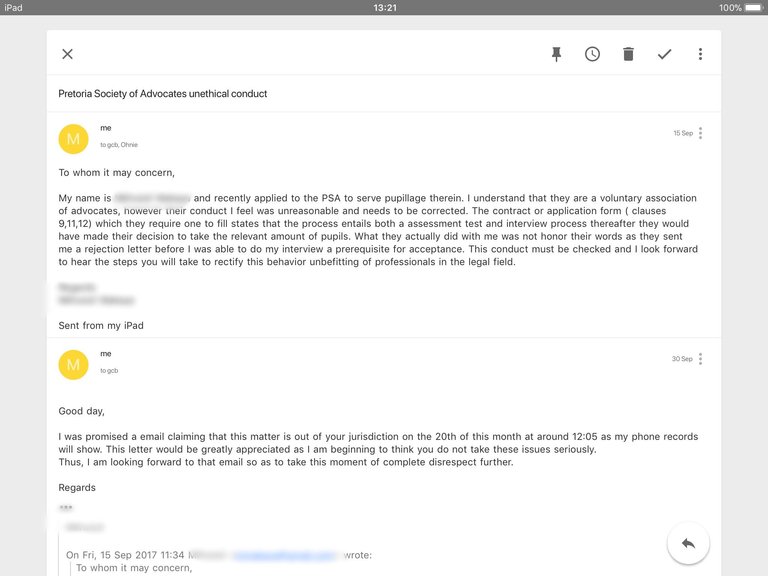
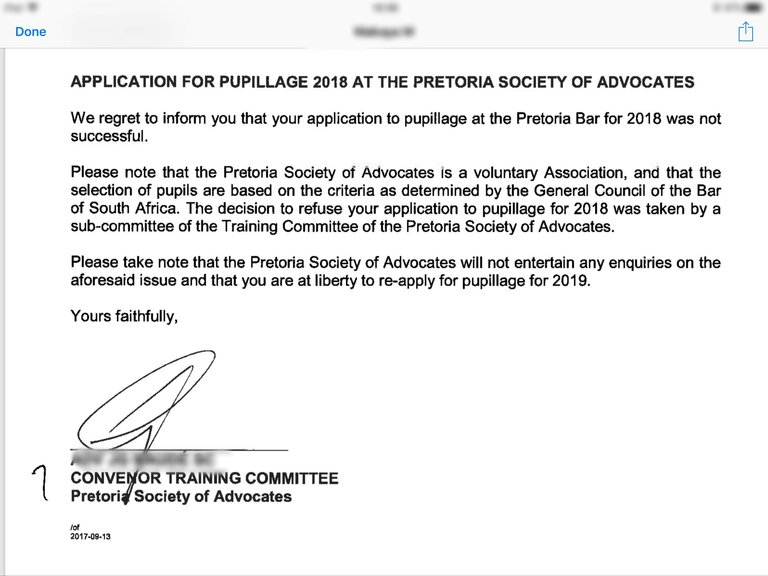
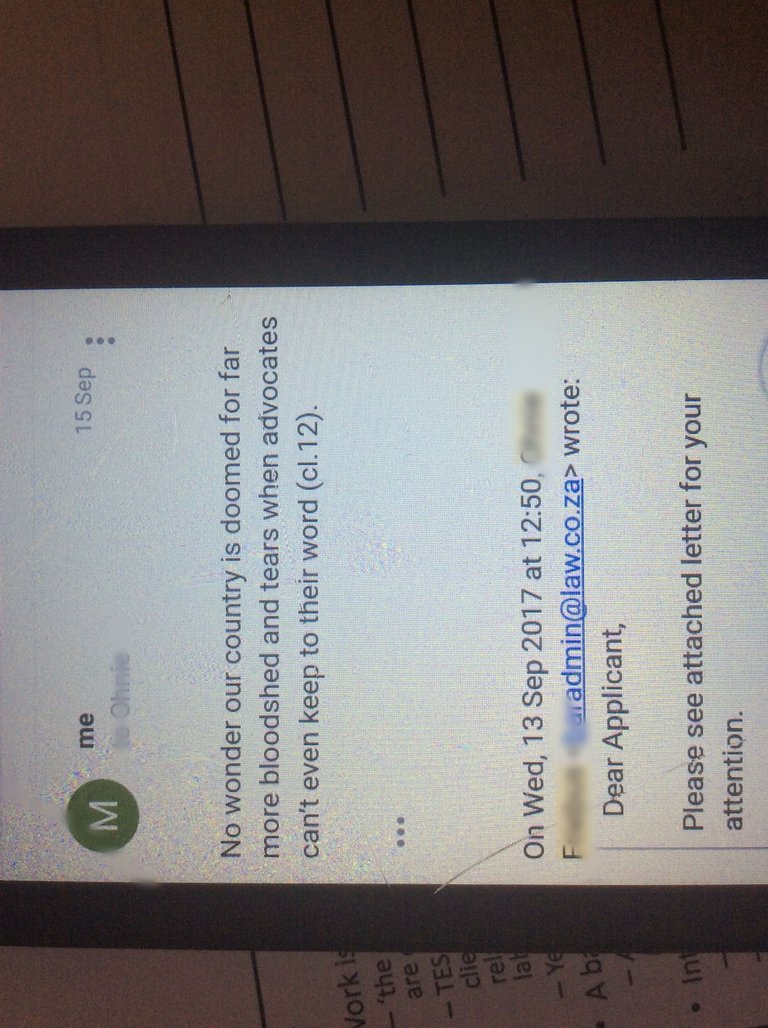
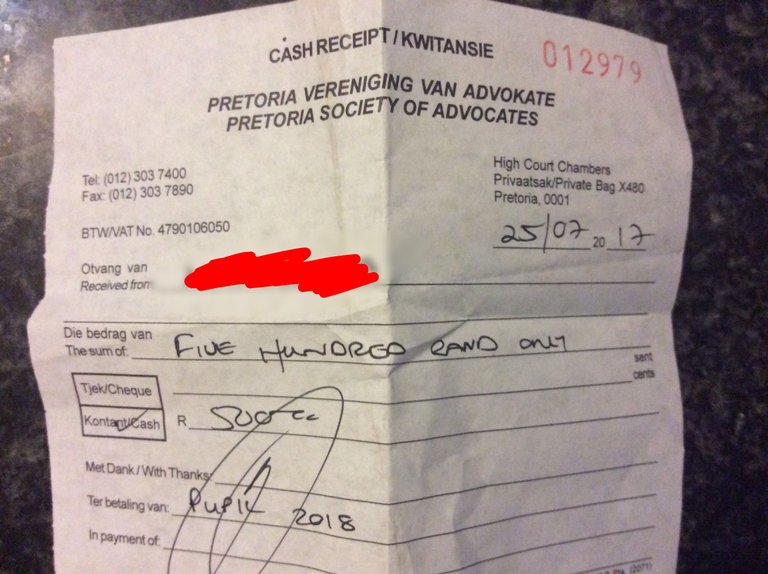

If it’s seen and the objective facts are placed in front of you - and you still fail to hear - 🤙🏾
The general council of the bar is also complicit as they are the ones who claim to have no jurisdiction
